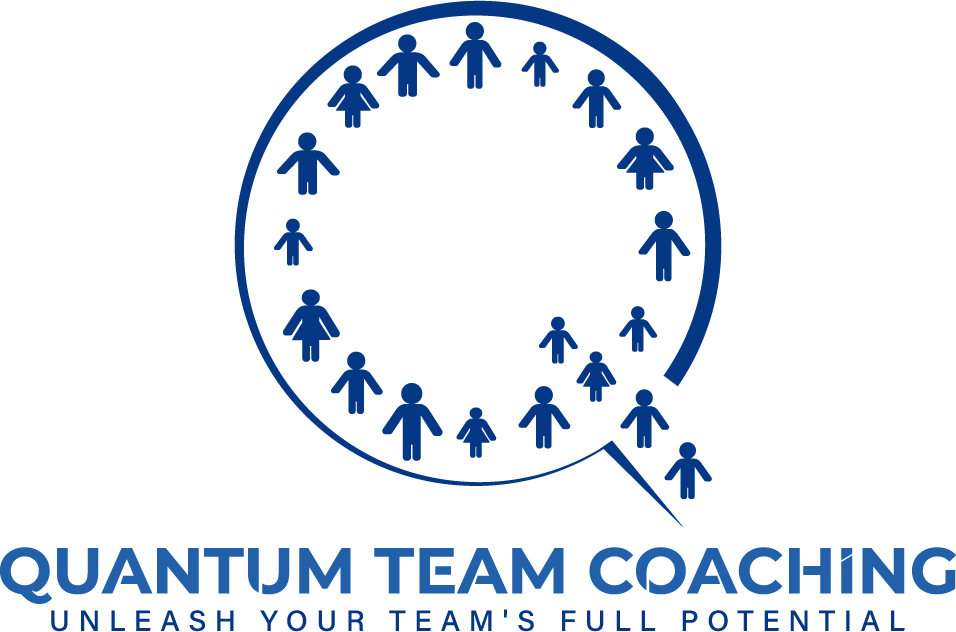In the modern workplace, much of the focus in training programs is on developing technical skills—how to sell more, fix systems better, or use specific tools effectively. While these hard skills are undoubtedly necessary to perform the job, they alone do not guarantee a productive or harmonious work environment. The true drivers of team synergy, harmony, and ultimately productivity, lie in the development of soft skills. These often-overlooked skills are the ones that truly empower teams to achieve their best results.
The Role of Soft Skills in Team Dynamics
Soft skills encompass a range of interpersonal and emotional abilities, including communication, empathy, conflict resolution, and adaptability. These skills are crucial for fostering a harmonious team environment where members can collaborate effectively, resolve conflicts constructively, and support one another in achieving shared goals. When team members possess strong soft skills, they are better equipped to navigate the complexities of teamwork, leading to more efficient and productive outcomes.
Fostering Effective Communication
One of the most critical soft skills in any team setting is communication. Effective communication ensures that team members can express their ideas clearly, listen to others, and engage in meaningful dialogue. When communication is strong, team members are more likely to understand each other’s perspectives, align their efforts, and work together toward common objectives.
Soft skills training in communication can help teams avoid misunderstandings, reduce errors, and enhance collaboration. For example, training that focuses on active listening, clear articulation, and constructive feedback can lead to a more open and transparent work environment. This, in turn, fosters trust and respect among team members, creating a harmonious atmosphere where everyone feels valued and heard.
Building Empathy and Emotional Intelligence
Empathy and emotional intelligence are other essential soft skills that contribute to team harmony. Empathy allows team members to understand and share the feelings of their colleagues, creating a supportive and inclusive work environment. Emotional intelligence, on the other hand, enables individuals to manage their own emotions and respond appropriately to the emotions of others.
When teams undergo soft skills training that emphasizes empathy and emotional intelligence, they are better equipped to handle interpersonal challenges and build stronger relationships. This training can help team members recognize and address the emotional needs of their colleagues, leading to a more cohesive and supportive team dynamic. As a result, team members are more likely to work together harmoniously, even in high-pressure situations.
Enhancing Conflict Resolution Skills
Conflict is an inevitable part of any team dynamic, but how a team manages conflict can significantly impact its overall harmony and efficiency. Soft skills training in conflict resolution provides team members with the tools they need to address disagreements constructively, turning potential obstacles into opportunities for growth.
Training in conflict resolution often includes strategies such as active listening, negotiation, and problem-solving. By equipping team members with these skills, soft skills training helps create an environment where conflicts are resolved quickly and amicably, without disrupting the team’s workflow. This not only enhances team harmony but also ensures that productivity remains high, even in the face of challenges.
Promoting Adaptability and Flexibility
In today’s fast-paced work environment, adaptability and flexibility are crucial soft skills that enable teams to respond effectively to change. Soft skills training that focuses on these areas helps team members develop the resilience needed to navigate shifting priorities, unexpected challenges, and evolving work conditions.
When teams are adaptable, they can adjust their strategies and approaches to meet new demands, ensuring that productivity remains high even in uncertain circumstances. This flexibility also contributes to team harmony, as members are better able to support one another and work together to overcome obstacles.
The Long-Term Benefits of Soft Skills Training
The benefits of soft skills training extend far beyond immediate improvements in team harmony and efficiency. By investing in the development of these skills, organizations can create a more positive and productive work environment that supports long-term success. Teams that possess strong soft skills are more likely to collaborate effectively, innovate, and achieve their goals, leading to sustained growth and performance.
Conclusion
While technical skills are necessary for performing specific tasks, it is the so-called “soft” skills that truly drive team harmony and efficiency. Training in communication, empathy, conflict resolution, adaptability, and other soft skills is essential for fostering a cohesive and productive team environment. By prioritizing soft skills training, organizations can unlock the full potential of their teams, leading to better outcomes, higher productivity, and a more harmonious workplace.






